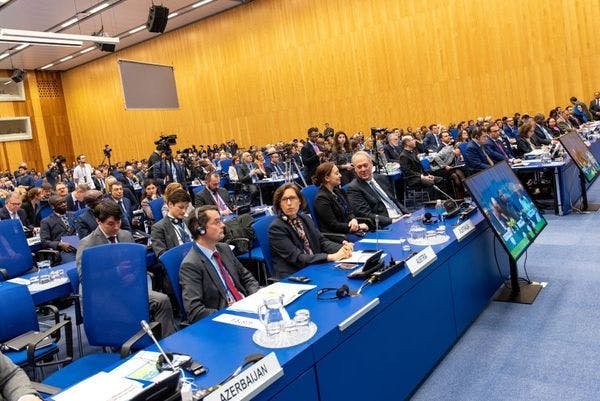Flickr CC BY-NC-ND 2.0 UNIS Vienna
The Vienna Consensus is broken, and we’re not going to fix it
Global drug policy, born out of the 1961 Single Convention on Narcotic Drugs, has been plagued by the harmful “Vienna Consensus.” This bureaucratic apparatus that governs the application of global drug laws from this city is limited by inertia, and resists recognizing the urgent need to replace substance prohibition with more intelligent and efficient policies. However, this consensus, thankfully, is showing signs of rupture.
The 52 countries that are part of the Commission on Narcotic Drugs (CND)—the organ that governs drug treaties—and hundreds of civil society actors gathered once more in Vienna on March 14th and 15th for the Ministerial segment of the 62nd session. In 2019, the the action plan with the objective of achieving a “world free of drugs” turned 10 years old. From the start of this program to the present, the world has not only failed spectacularly, as demonstrated by a shadow report presented by the International Drug Policy Consortium, but has furthermore caused substantial damage in its effort to achieve an unrealistic goal.
It doesn’t help that these negotiations are always held in Vienna. Unlike other multilateral negotiation spaces of the United Nations, such as climate change or the trafficking of endangered species, whose Conference of the Parties changes location every meeting and includes all of the States who have signed the treaty, the substance control regime meets every year in the same city, with only the countries from the CND. This factor limits the participation of many countries, both because it is impossible for them to be in Vienna, and because of the disarticulation with other spaces that are fundamental parts of other debates on human rights and sustainable development, such as Geneva and New York.
